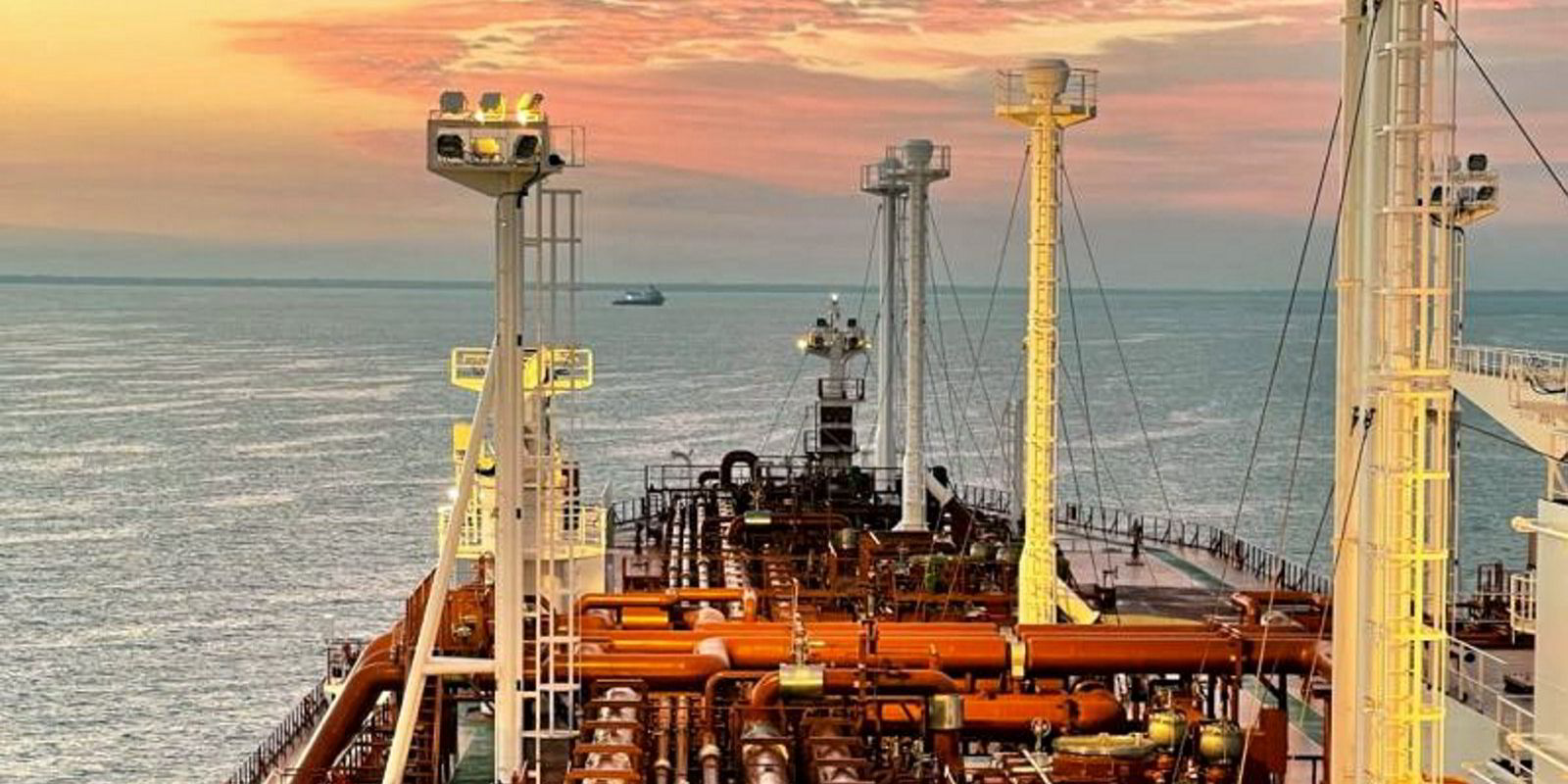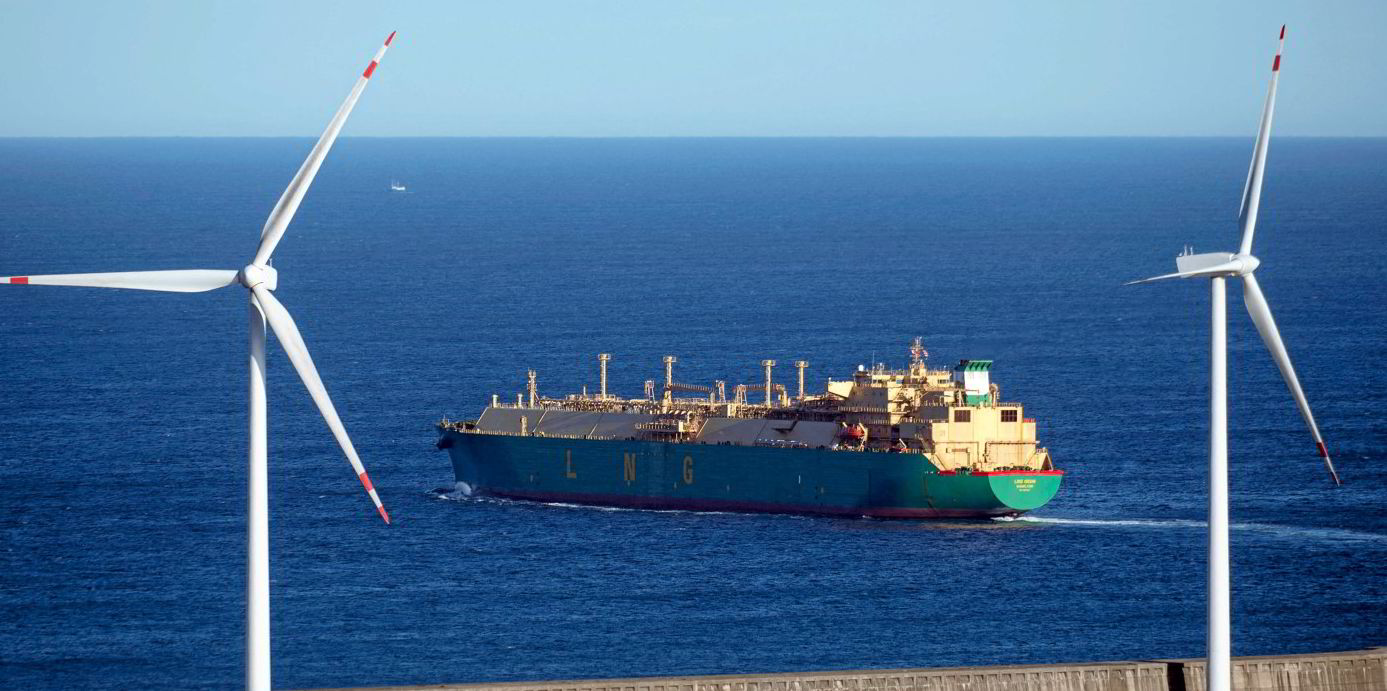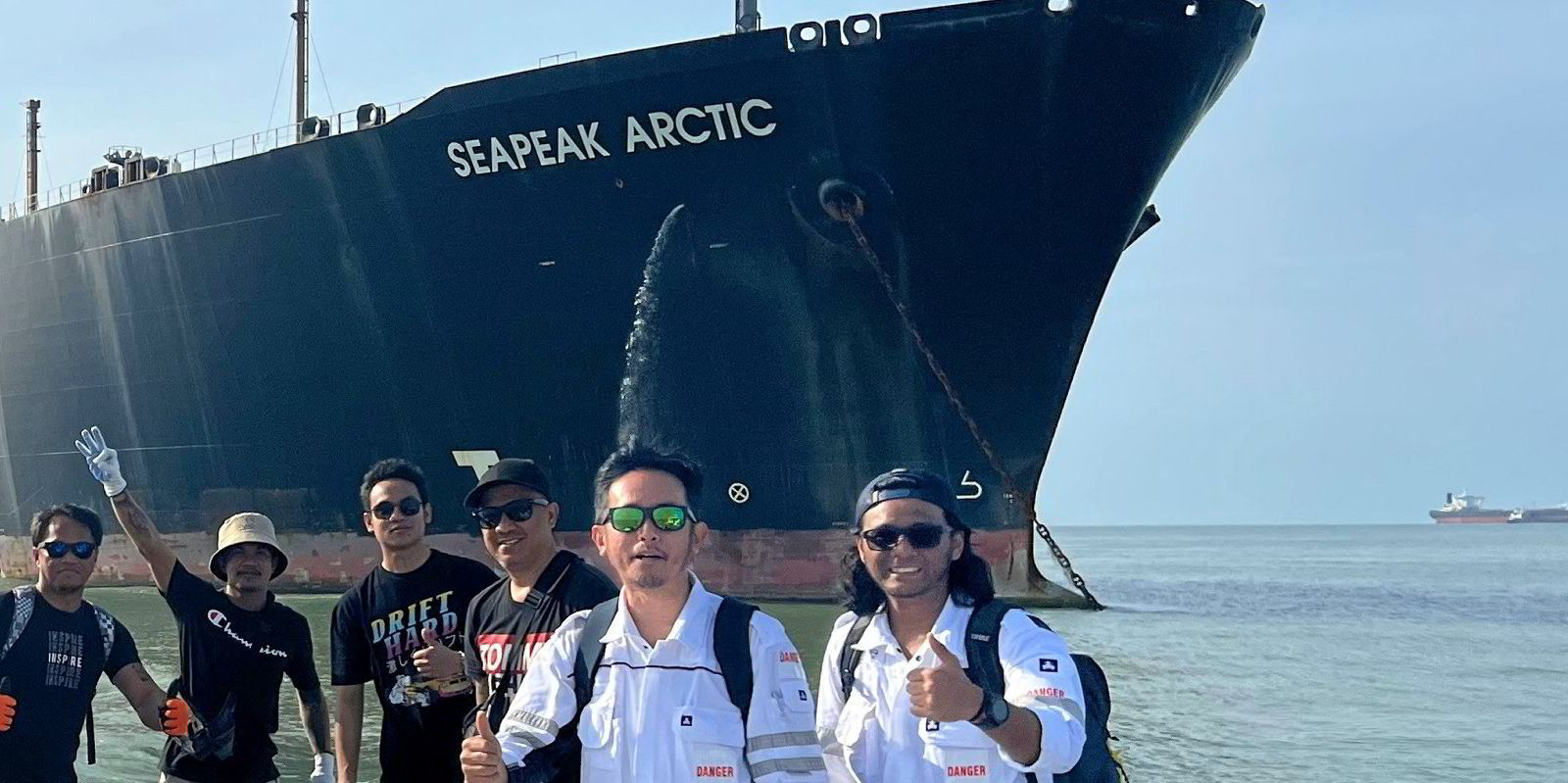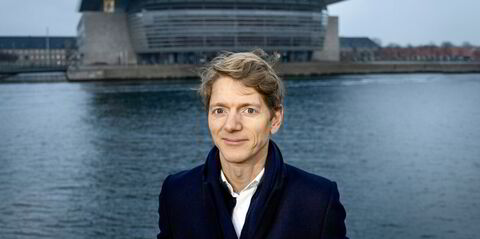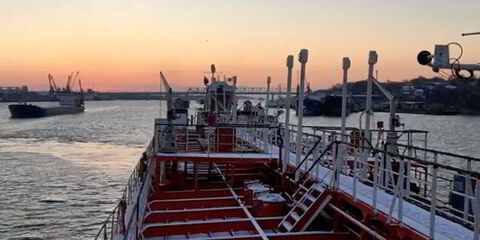John Fredriksen-controlled Flex LNG more than tripled the number of European port calls it made in 2022 which set back the company’s target for its Carbon Intensity Indicator (CII) rating.
In the company’s ESG Report 2022, which it published on Wednesday, Flex said: “Based on our 2022 emissions data verified by DNV, our owned fleet would achieve an overall weighted average carbon intensity rating of B under the CII.”
Flex said it is committed to a CII A-rating for its 13-vessel LNG carrier fleet.
The company attributed the B-rating estimate for 2022 — the year before CII ratings came into force — to the change in LNG trading patterns last year following Russia’s invasion of Ukraine in February 2022 which saw Europe turn to LNG cargoes as a replacement for Russian pipeline gas.
“In 2022, Europe faced an unprecedented situation, which resulted in shortage of energy supply,” the shipowner said.
“Flex LNG played an active role in securing energy for Europe from alternative sources and have more than tripled the number of European port calls compared to 2021.
“This situation has caused a significant increase in harbour and manoeuvring time which is impacting the CII negatively.”
Flex’s report logs its Scope 1 CO2 emissions for 2022 at 800,461 tonnes, up from 759,086 tonnes in 2021.
The company listed its annual efficiency ratio (AER) at 6.35 grams of CO2/dwt- nautical mile, up from 5.51 in the previous 12 months.
Flex said that compared to 2021 harbour and manoeuvring rose by almost 40% last year.
The report detailed that port calls for the company’s vessels jumped to 243 from 151 in 2021. Nautical miles fell to 1.34m from 1.41m reflecting the shorter voyage distances to Europe.
The company added that on the positive side, the shorter voyages and additional port calls resulted in additional cargo turnover which was up 17% on 2021’s figures.
In the report Flex chief executive Oystein Kalleklev said the company’s fleet has an average age of 3.1 years and is “one of the youngest and most energy-efficient fleets in the industry”.
“In addition to investing in new ships, we have modified our existing fleet to be more efficient, as emissions are directly linked to fuel consumption,” Kalleklev added.
“Flex LNG believes improved logistics, enhanced hydrodynamic technology, better machinery and cleaner fuels, will be important components in our work toward a more sustainable shipping industry.”
